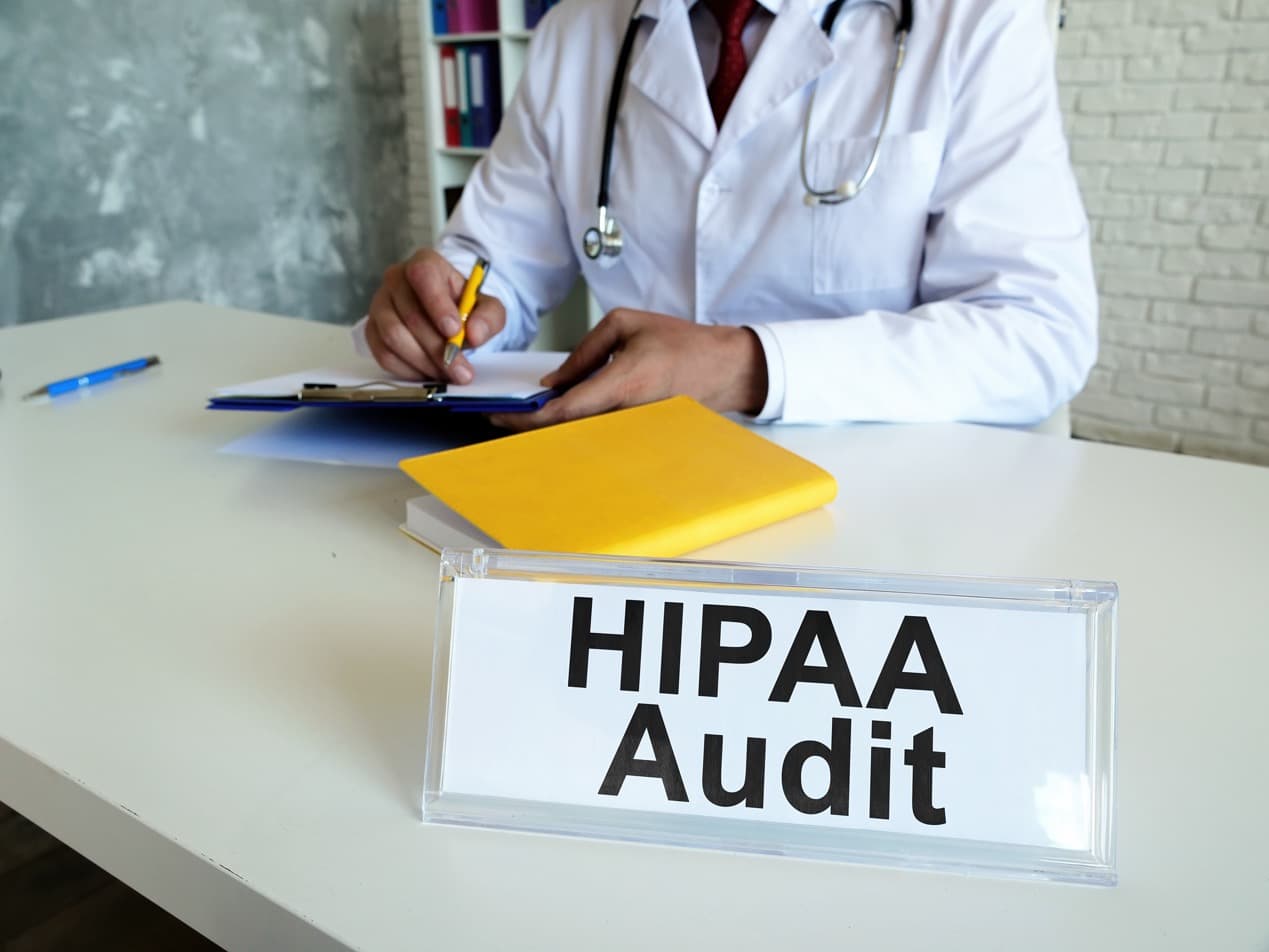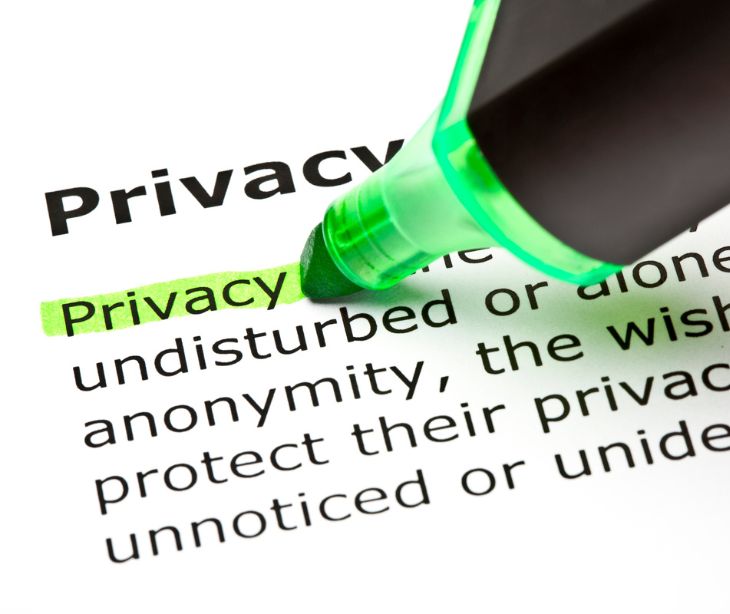
Conducting a HIPAA compliance audit of your practice is a great way to asses compliance with current regulations and identify areas that need to improve and avoid a dreaded breach and the associated penalties.
It can initially feel overwhelming, particularly for smaller practices. But by breaking down the process into manageable steps and focusing on the specific areas outlined below, you can ensure that your practice is in compliance with HIPAA regulations and that your patients' Protected Health Information (PHI) is protected.
We'll discuss how practices can audit their HIPAA compliance and offer specific tips and suggestions for mitigating any areas of non-compliance.
How often should you audit your HIPAA compliance?
It's required to audit your practice's compliance at least once a year. Regular audits are helpful because they can help identify areas where your practice may be falling short of HIPAA requirements and allow you to make any necessary changes to your policies and procedures.
While the frequency of audits can vary depending on several factors, such as changes in your practice or HIPAA regulations or any security incidents or breaches, if you commit to an annual review, you'll stay aware of any changes to HIPAA regulations.
How to conduct an audit of your HIPAA compliance in 6 steps
1. Conduct a risk analysis
The first step in auditing your HIPAA compliance is to conduct a risk analysis. This involves identifying potential risks and vulnerabilities in the way you handle PHI. Keep an eye out for these possible risks:
- Unauthorized access to PHI: This includes someone accessing patient files or information without authorization.
- Theft or loss of PHI: If a device containing PHI, such as a laptop or smartphone, is lost or stolen.
- Breach of PHI: PHI might be accidentally or intentionally disclosed to someone not authorized to access it.
- Natural disasters: fires, floods, or earthquakes could damage or destroy PHI.
To mitigate these risks,
- Limit access to PHI to only authorized individuals can access PHI. Take physical security measures like locking cabinets or rooms where patient files are stored and electronic security measures like strong passwords, HIPAA compliant email, and multi-factor authentication.
- If you store PHI on electronic devices like laptops or smartphones, ensure that these devices are encrypted and that you can remotely wipe them if they are lost or stolen.
- Develop policies and procedures that outline how PHI should be handled and ensure that all staff members are trained on these policies and procedures.
- Back up your data.
2. Review Policies and Procedures
The next step in auditing your HIPAA compliance is to review your practice's policies and procedures. This includes reviewing your privacy and security procedures to ensure they are up-to-date and meet HIPAA requirements.
Policies related to PHI access, storage, and disclosure should be in place to limit access to PHI to authorized individuals only. This includes policies related to password protection or two-factor authentication.
Policies associated with sharing PHI with other healthcare providers or with family members or friends of the patient should also be defined. And define how your practice will securely store PHI and dispose of it when it is no longer needed.
If you find any risks:
- Update policies and procedures if you identify any out-of-date processes, not in compliance with HIPAA regulations.
- Ensure that all staff members are trained on your practice's policies and procedures.
- Regularly monitor staff members' compliance with HIPAA guidelines.
3. Review Business Associate Agreements
Another essential step in auditing your HIPAA compliance is to review all business associate agreements to ensure they are up-to-date. This includes reviewing agreements with vendors or service providers that handle PHI on behalf of your practice.
Some things to look out for include the following:
- Agreement language: Check that the agreement includes appropriate language related to the handling of PHI and the requirement for the business associate to comply with HIPAA regulations.
- Business associate responsibilities: Confirm that the agreement outlines the business associate's responsibilities for protecting PHI.
- Business associate liability: Ensure that the agreement includes language outlining the business associate's liability for any breaches of PHI.
If you identify any business associate agreements that are out-of-date or not compliant with HIPAA regulations, update them as needed with your vendors.
4. Ensure Physical Security Measures are in Place
Physical security is an essential aspect of HIPAA compliance. As a small practice, you probably store patient files in a physical location, such as a file cabinet or storage room. These files should be stored securely.
To make sure your physical security measures are in compliance:
- If file cabinets or storage rooms are not locked, install locks as needed.
- Ensure that access to file cabinets and storage rooms is limited to authorized individuals only.
- Develop policies and procedures for securely shredding patient files that are no longer needed.
5. Ensure Electronic Security Measures are in Place
Electronic security is also an important aspect of HIPAA compliance. You may store patient information electronically, such as on a computer or in the cloud. Protecting ePHI requires this information is stored securely.
Some things to look out for are:
- Password protection: Ensure that all devices containing patient information are password protected.
- Encryption: Ensure that all emails are encrypted, as well as any devices containing patient information.
- Backup Policies: Have policies in place for regularly backing up patient information.
To mitigate any areas of non-compliance, some things you can do include:
- Develop policies and procedures for creating and using strong passwords.
- Ensure that all devices containing patient information are encrypted.
- Regularly back up patient information.
Related: How to avoid unsecured transmission of PHI
6. Train Staff on HIPAA Compliance
Finally, ensuring all staff members are trained on HIPAA compliance is vital. They should understand their responsibilities for protecting PHI and be trained on the practice's policies and procedures related to HIPAA compliance.
To mitigate any areas of non-compliance, some things you can do include:
- Regularly provide up-to-date HIPAA training to all staff members.
- Monitor staff members' compliance with HIPAA regulations and the practice's policies and procedures.
Auditing your HIPAA compliance matters to your patients and practice
Remember, HIPAA compliance is not just a legal requirement. It's also essential for building trust with your patients. When patients trust their PHI is safeguarded, they are more likely to feel comfortable sharing their information with you and seeking treatment when needed. So, take the time to audit your HIPAA compliance and protect your patients' PHI.
Subscribe to Paubox Weekly
Every Friday we bring you the most important news from Paubox. Our aim is to make you smarter, faster.

 Dean Levitt
Dean Levitt



